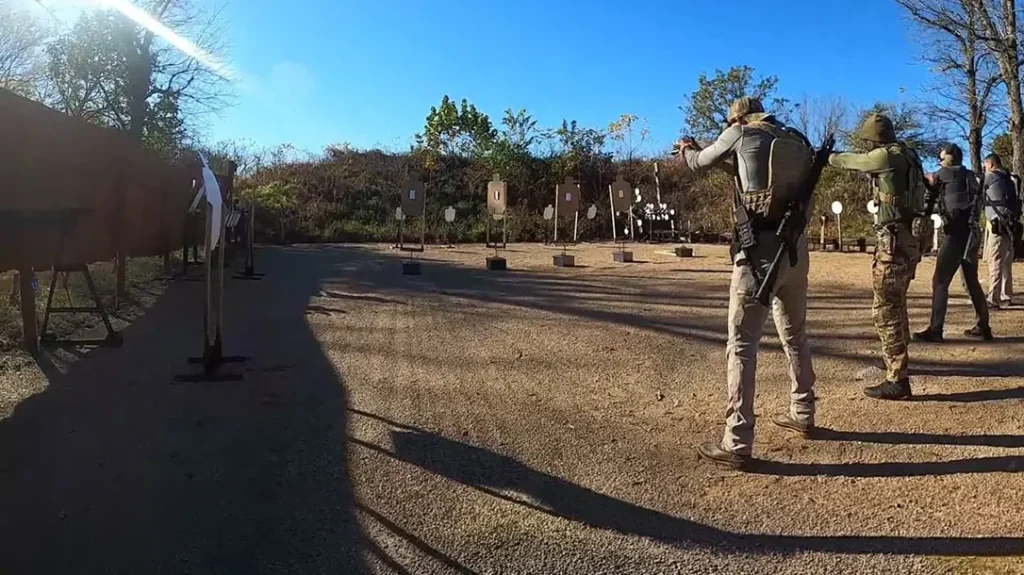A new 3D printing regulations scheme through the Commerce Department instead of the State Department could lead to the Biden Administration shutting down websites that have information on how to do so if they are not licensed by the Bureau of Industry and Security. The move seemingly constitutes a thinly veiled ban of ghost guns by the Biden administration.
3D Printing Regulations Scheme Constitutes Potential Ghost Guns Ban
A divided three-judge panel of the 9th Circuit Court of Appeals ruled website can post plans for 3D-printed firearms–so-called “ghost guns,” in anti-gun parlance–without approval of the U.S. State Department. That court also ruled the International Security Assistance and Arms Export Control Act, passed in 1976, and subsequent amendments, forbid judicial review of State Department decisions on items considered a “defense article” subject to regulation.
“Because Congress expressly precluded review of the relevant agency actions here, we vacate the injunction and remand with instructions to dismiss,” District Court Judge Ryan Nelson wrote for the majority.
Advertisement — Continue Reading Below
Critics widely considered the ruling a win for both the First and Second amendments at that time. Now, according to a report at 3dprintingindustry.com, the Bureau of Industry and Security (BIS) announced a transfer of jurisdiction and “declared that anyone engaged in manufacturing, exporting or ‘furnishing’ 3D printed firearms become subject to Export Administration Regulations (EAR) instead.”
Requiring Licenses and More
In a nutshell, under the new Biden Administration scheme a BIS license is now required to post online ‘‘any file, including any CAD file, that once converted will be in an executable code for the production of a firearm.” The resulting language enables refusal to issue a license to sites with such information. Effectively, the regulation shuts down businesses then for failing to obtain the required license.
In fact, an FAQ page concerning the BIS regulations explicitly states that posting such info “would be a violation of the EAR and may result in significant administrative and criminal penalties under the EAR. Under the Export Control Reform Act of 2018, criminal penalties can reach 20 years imprisonment and $1 million per violation. Administrative monetary penalties can reach $308,901 per violation or twice the value of the transaction, whichever is greater. Violations of the EAR may also lead to the denial of certain export privileges, potentially for a lengthy period of time.”
Advertisement — Continue Reading Below
Heavy-Handed Results
The policy provides no grandfather clause, according to the FAQ. So all posted plans immediately become in violation of the new regulation.
“Upon transfer to the EAR, even previously posted ‘technology’ or ‘software’ becomes ‘subject to the EAR’ and requires a license,” it states. “Regardless of when the ‘technology’ or ‘software’ in question was posted for worldwide distribution or how many times it may have been exported, reexported, or downloaded, the EAR continues to apply to the ‘technology’ or ‘software’ that meets the criteria in section 734.7(c).”
For anti-gun advocates, finding a new way to regulate something after a court has ruled against such a regulation is pretty much par for the course. We don’t know if the scheme will face legal challenges. But it remains highly unlikely. We’ll continue covering this issue as we learn more information.
Advertisement — Continue Reading Below
























